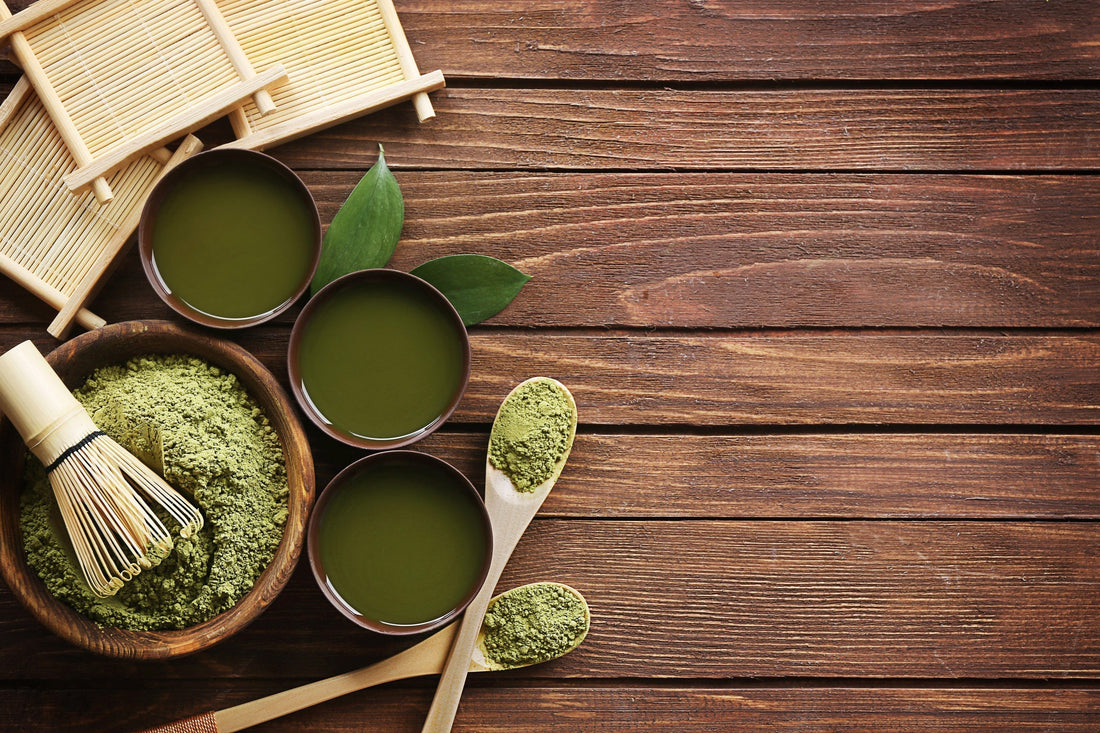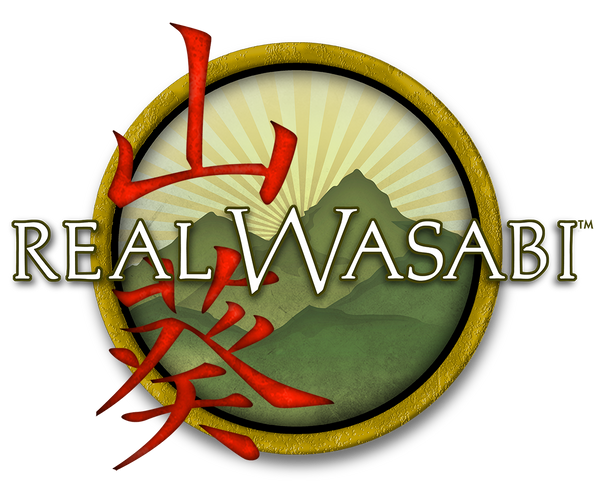BLUFFTON TODAY - Some Like It Hot

MARK KREUZWIESER
BLUFFTON TODAY
A Bluffton business is heating up the food market by trumpeting authentic wasabi.
Real Wasabi LLC founding partners Doug Lambrecht and Brooks Quinn are growing and importing the hot and spicy condiment – traditionally used in Japanese cuisine – and processing and marketing it in several products, including salad dressings and finishing sauces. The year-old business just moved from Hilton Head Island to Persimmon Street off Bluffton Parkway. The partners are on a mission to build a sustainable business, but they’re also obsessive about getting the word out about authentic wasabi.
“Most of the wasabi you get is nothing more than horseradish, mustard and green food coloring,” said Lambrecht, the marketing force behind the business and the co-owner— with his wife Reneé — of a wasabi-growing farm in North Carolina. “Authentic wasabi is a wonderful herb, and more and more research is showing that it is a super-food, that it has medicinal values. “We hope to be successful in the food industry with wasabi, but we also want to educate, to continually update information about wasabi as it becomes available and create a scientific clearinghouse and database,” he said.
CAN YOU SAY OBSESSED?
Lambrecht, a long-time fan of sushi and sashimi (the “real” sushi, or raw fish), met Quinn at a sushi bar. “We both were in our own businesses — he’s a landscape architect and I’m an investment management consultant. We shared an appreciation of sushi and authentic wasabi and saw an opportunity to do something unique.” The pair decided to start the business and launched Real Wasabi, LLC in January 2005.
Real Wasabi products include the powdered wasabi in three container sizes, three wasabi-based dressings and three wasabi-based sauces.
Customers include restaurants, chefs, natural food stores and grocers. Locally, you can find Real Wasabi at Hinoki of Hilton Head, Lowcountry Outfitters in Moss Creek Village and Circle of Health in Sheridan Park.
BABY STEPS
“Our customer base started as mail order,” Lambrecht said. “Now, we’re getting into stores and chains, including Whole Foods (the nation’s largest natural and organic foods grocer), but we want to manage the pace so that we make sure we can keep up with demand.” He said he’s aware of only one other genuine wasabi manufacturer in the U.S.-Pacific Farms of Florence, Ore.
“We’ve been growing wasabi on our farm in the North Carolina mountains,” Lambrecht said. “Our production is expanding but it’s not nearly enough to keep up with demand, even though our product line is new. Wasabi is challenging and slow growing, so we must import most of what we use.” Once the wasabi is ready for harvesting or imported, the plant’s rhizomes are processed at two “co-packers,” one in North Carolina and the other in Wisconsin, Lambrecht said.
The flexible condiment also peps up meats and salads and makes a zesty grilling baste and dip.Finally, Lambrecht said, the world is sitting up and paying attention to the wonder plant.
The scientific community has jumped on the bandwagon, too. Clemson University has joined forces with North Carolina State University – both are agriculture schools – to establish the first wasabi research project in the United States. Wasabi stands a good chance of being a tobacco-replacement crop, Clemson officials say.
All of Real Wasabi’s wasabi-based products are USDA-certified organic.
GREAT JOB
“It’s been a wonderful journey,” Quinn said. “Ramping up the business is an exciting process, and it’s great having this much space” on Persimmon Street. “It’s really hard to grasp the limits of this business,” Quinn said. “I think we’re going to appeal to a whole generation that wants genuine, natural food. They’ll like the truth of pure wasabi.”
Wasabi is a member of the cabbage family. Its root is used as a spice and has an extremely strong, pungent flavor. Its heat is akin to that of a hot mustard, producing vapors that excite the sinus cavity, then leave a pleasant sweet taste on the back of the tongue. The best wasabi in the world is grown in clear mountain spring water. “Growing the plant in earth can affect its taste,” Lambrecht said and “sawa” grown wasabi (meaning water-grown) is revered for its fresh, clean taste. “Nearly every part of the plant is used, but the rhizome (a thickened stem that stores nutrients) is most valued.” The plant grows naturally along stream beds in mountain river valleys in Japan.
